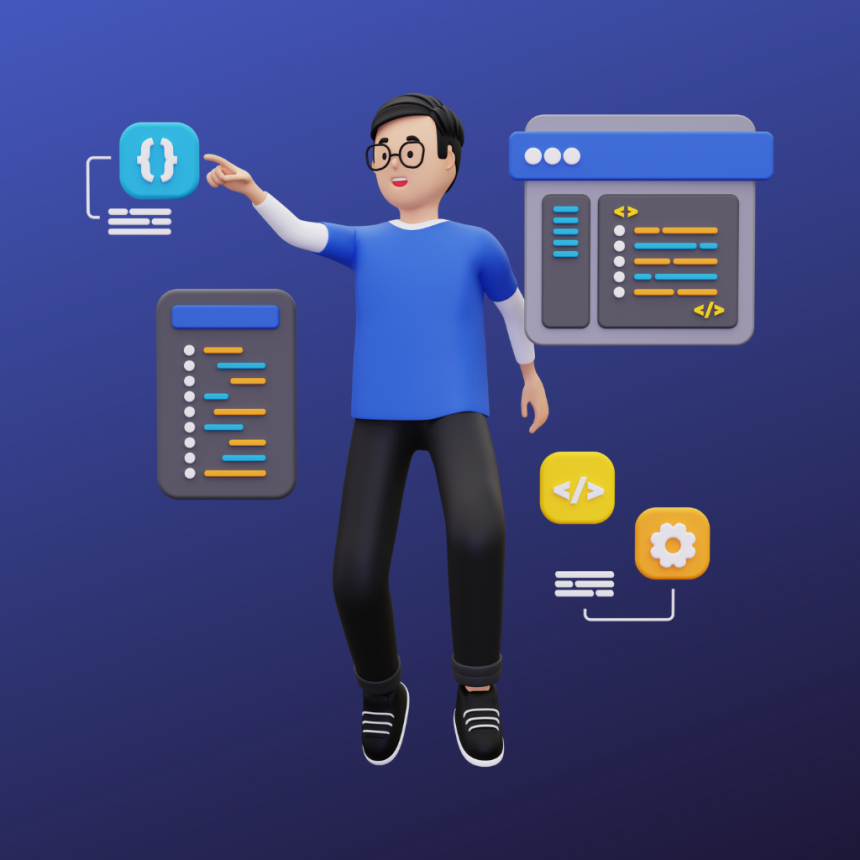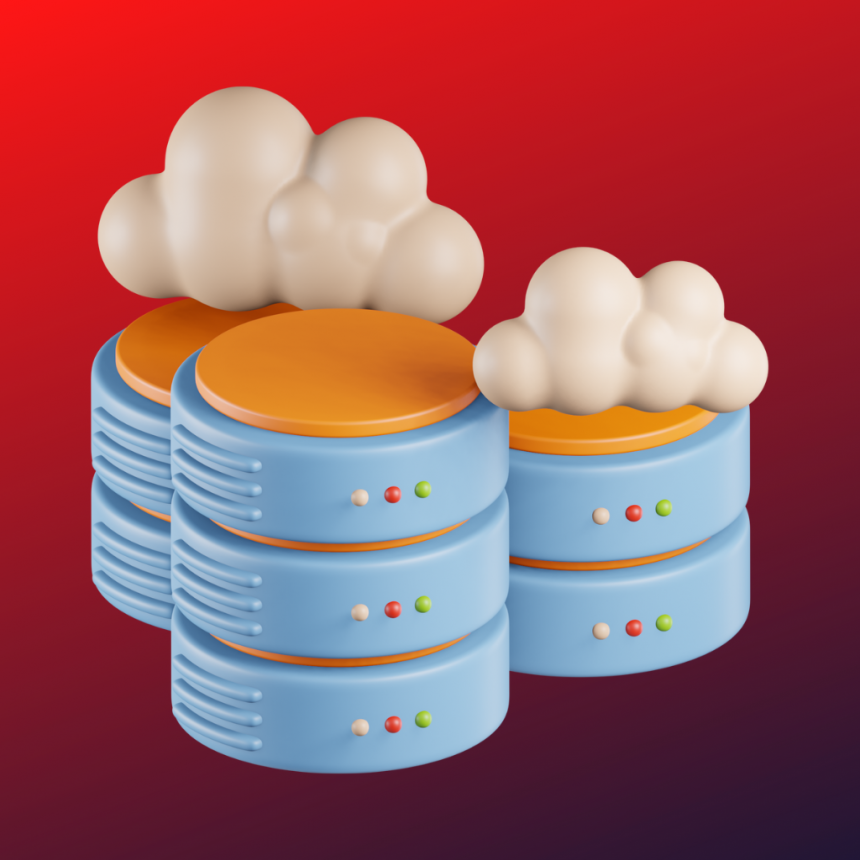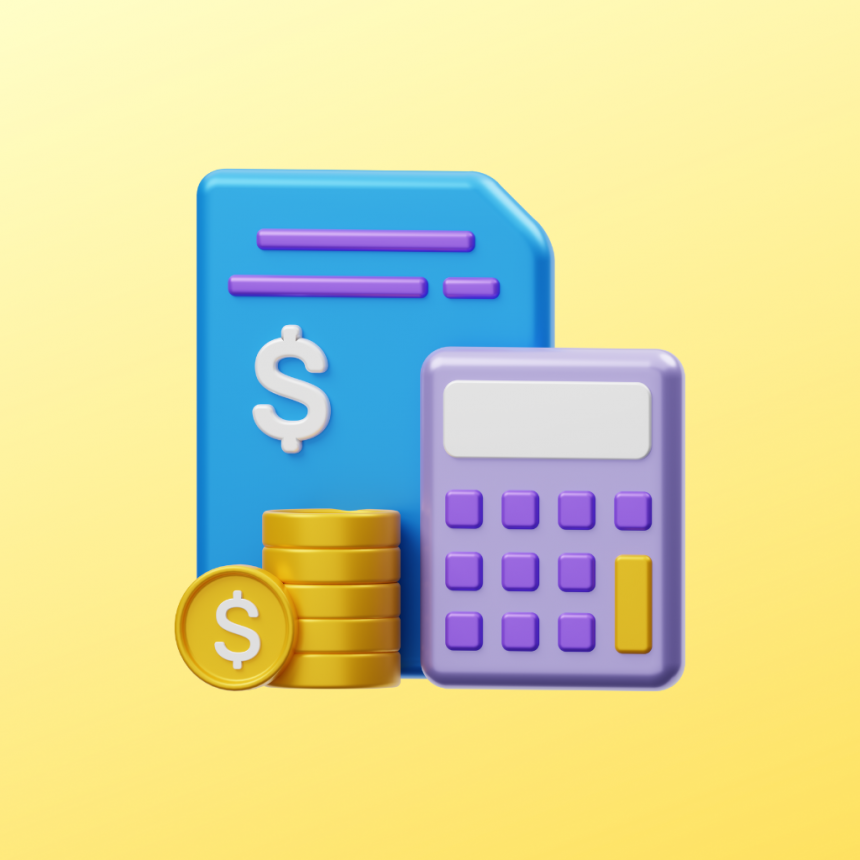
An Introduction to Object-Oriented Programming in PHP
Object-oriented programming (OOP) is a programming paradigm that is based on the concept of objects, which are instances of classes. These classes contain both data and methods that can be used to manipulate that data. OOP is a popular programming paradigm and is widely used in modern programming languages like PHP.
In PHP, classes are defined using the "class" keyword, followed by the class name. The class name should start with a capital letter and should be in CamelCase format. For example:
class MyClass {
// class body
}
A class can contain properties (also known as attributes or fields) and methods. Properties are used to store data, and methods are used to perform actions on that data. Properties are defined using the "var" keyword and methods are defined using the "function" keyword. For example:
class MyClass {
var $name;
var $age;
function sayHello() {
echo "Hello, my name is $this->name and I am $this->age years old.";
}
}
In this example, the class "MyClass" has two properties, "name" and "age", and one method, "sayHello".
To create an instance of a class, you use the "new" keyword, followed by the class name. For example:
$object = new MyClass();
This creates a new instance of the "MyClass" class and assigns it to the variable "$object".
Properties and methods can be accessed using the "->" operator. For example:
$object->name = "John"; $object->age = 25; $object->sayHello();
This sets the "name" and "age" properties of the "$object" instance to "John" and 25, respectively, and then calls the "sayHello" method, which will output "Hello, my name is John and I am 25 years old."
In addition to properties and methods, classes can also contain constructors and destructors. A constructor is a special method that is called when an object is created, and it is used to initialize the object's properties. A destructor is a special method that is called when an object is destroyed, and it is used to clean up any resources that the object was using. In PHP, constructors are defined using the "__construct" method and destructors are defined using the "__destruct" method.
Classes can also be extended and inherited. This allows you to create a new class that inherits all the properties and methods of an existing class. The new class can then add or override the properties and methods of the parent class. In PHP, a class is extended using the "extends" keyword and the parent class name.
In conclusion, OOP is an important programming paradigm that is widely used in modern programming languages like PHP. It allows you to create classes that encapsulate both data and methods, making it easy to reuse and maintain code. Understanding the concepts of classes, objects, properties, methods, constructors, and destructors is essential for any PHP developer. With practice, you can leverage the power of OOP to build robust and maintainable applications.





